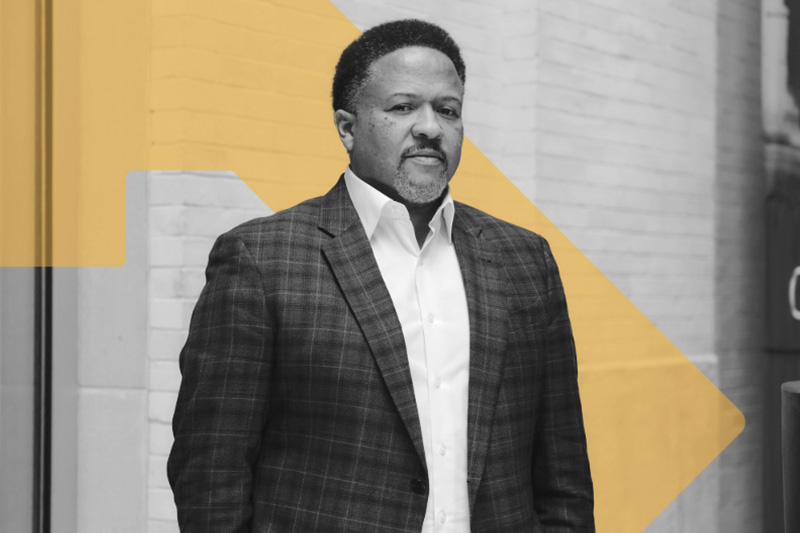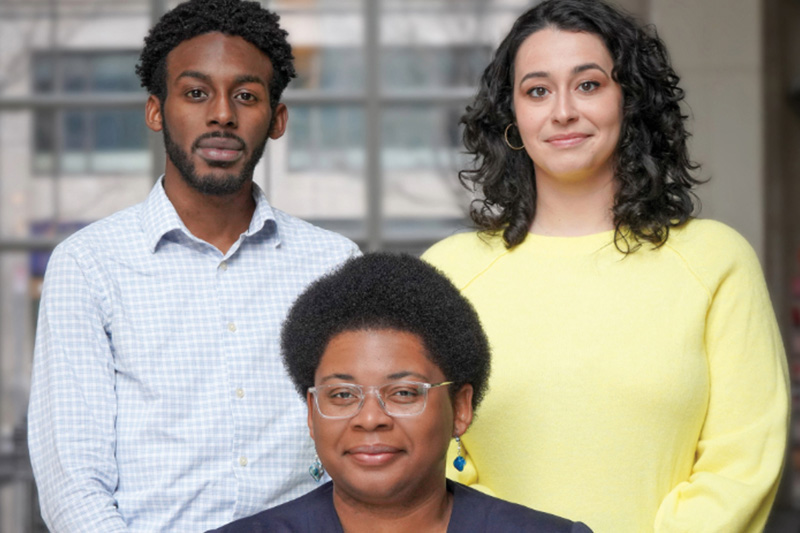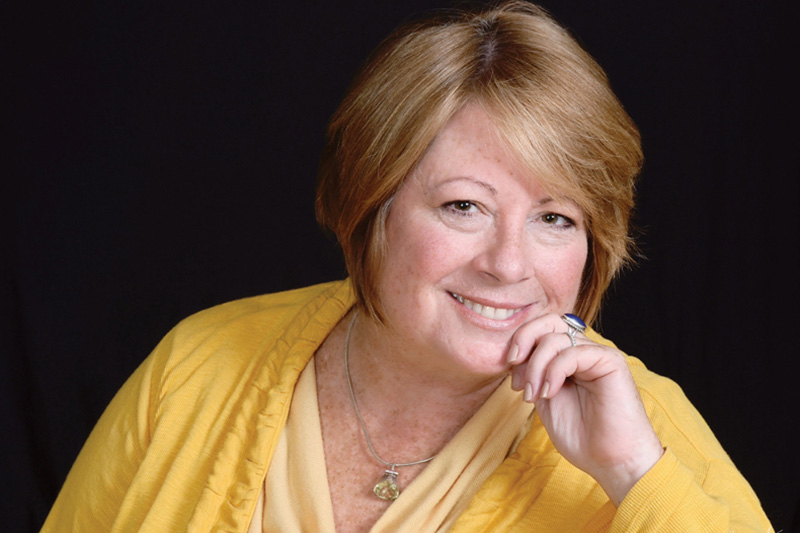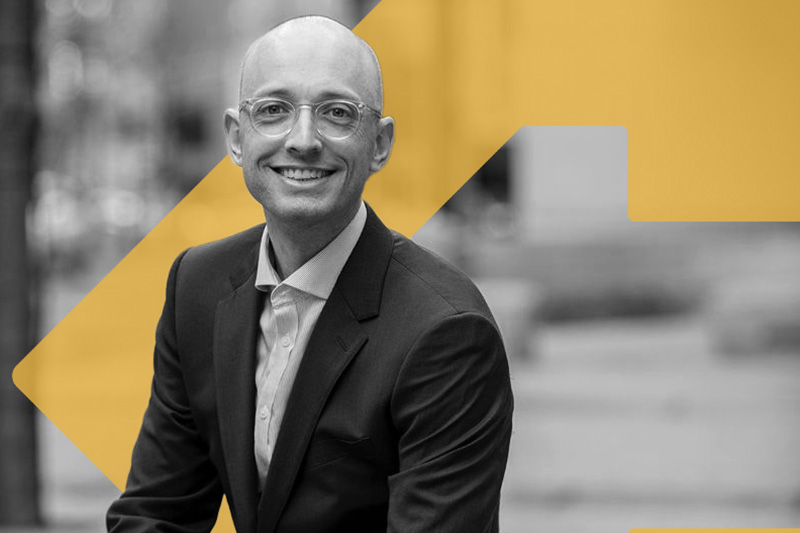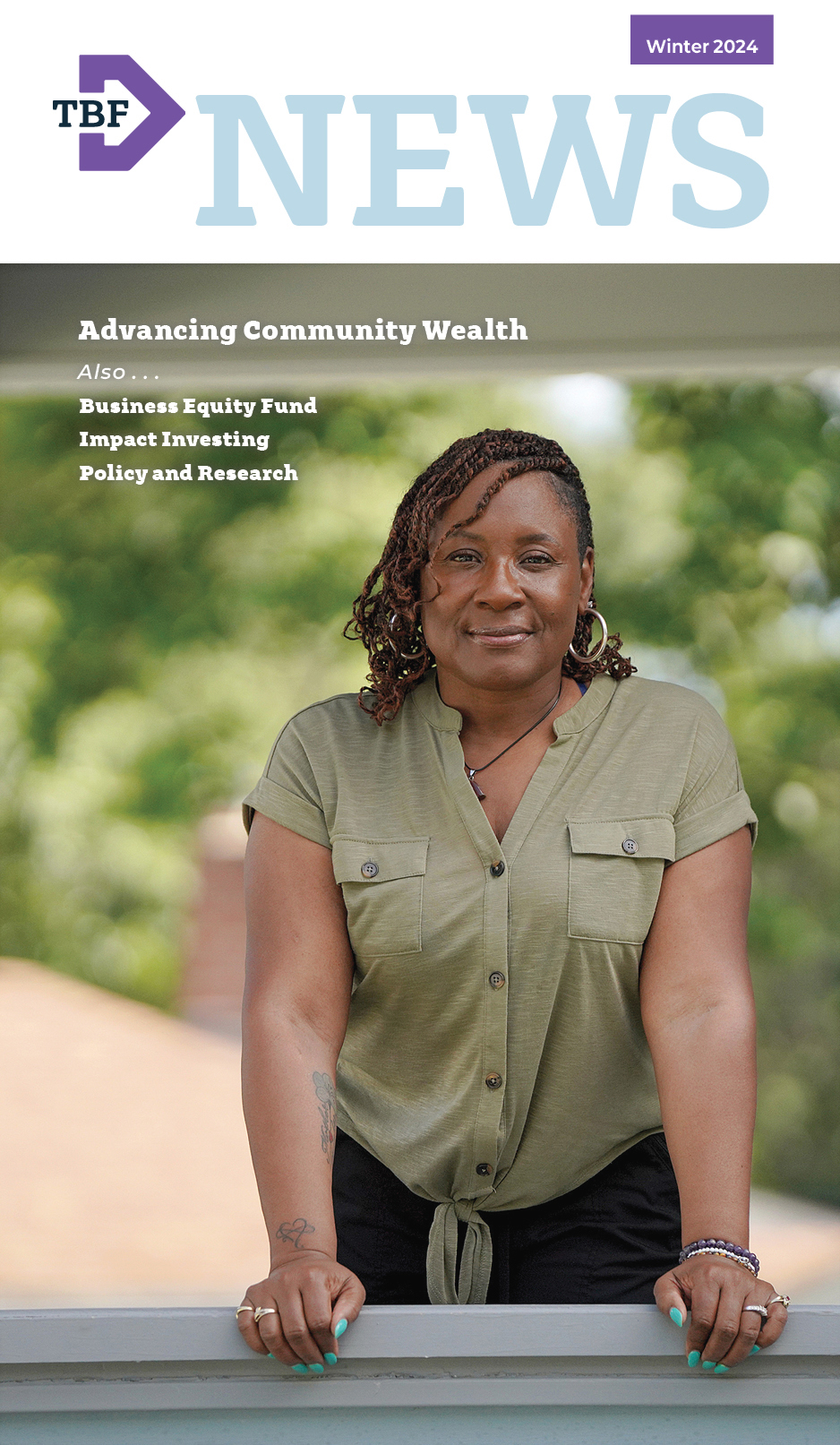
ON THE COVER:
Tonya Morris is
the first in her
family to become
a homeowner.
Photo by Angela
Rowlings.
TBF News:
Winter 2024
The first in a series of newsletters exploring our four pathways to equity, beginning with Advancing Community Wealth.
IN THIS ISSUE:
OUR FOUR PATHWAYS:
VP/Chief Program Officer Orlando Watkins
OUR WORK:
Advancing Community Wealth
BUILDING SUPPORT FOR RENTERS:
CHAPA
A LITERARY GATHERING SPACE COMING TO BOSTON:
Words as Worlds
UPLIFTING ENTREPRENEURSHIP:
The Business Equity Fund
DONORS ADVANCING COMMUNITY WEALTH:
Impact Investing
POLICY AND RESEARCH:
Advancing Community Wealth
INCREASING HOMEOWNERSHIP:
The Wealth Gap Partnership
Our Four Pathways
Orlando Watkins
Imagine how important housing is to nurturing young children or how crucial health is to education. Today, the Boston Foundation is acknowledging the deep interconnections between the areas of community life in Greater Boston by focusing everything we do--our grantmaking, civic leadership and relationships with donors—around four pathways to equity:
- Advancing Community Wealth
- Building Economic Opportunity
- Nurturing Strong Beginnings
- Amplifying Community Leadership
“It’s an acknowledgment of how community really works and how all of these issues intersect with one another,” says Orlando Watkins Vice President and Chief Program Officer. “Our program staff have lived experiences and technical expertise in these pathways. And they have a value system that involves, above all, listening to the voices of the community to see where TBF might be of help. Recommending grants to our Board of Directors is only a part of what they do. They’re also civic leaders and liaisons with our donors, who often make grants in alignment with ours.”
Watkins adds that as part of their civic leadership, staff members inform and advocate for policies on the city and state level, convene community stakeholders to ask questions and learn from them, launch special initiatives, and support nonprofit organizations and other groups that are advancing our four pathways. Finally, they commission and participate in research by TBF’s research center Boston Indicators and help to measure the impact of TBF’s work through storytelling, multimedia, blog posts, and thought leadership.
"Traditional philanthropy can play a profound role, but as a community foundation, TBF has a different calling that emphasizes civic leadership.”
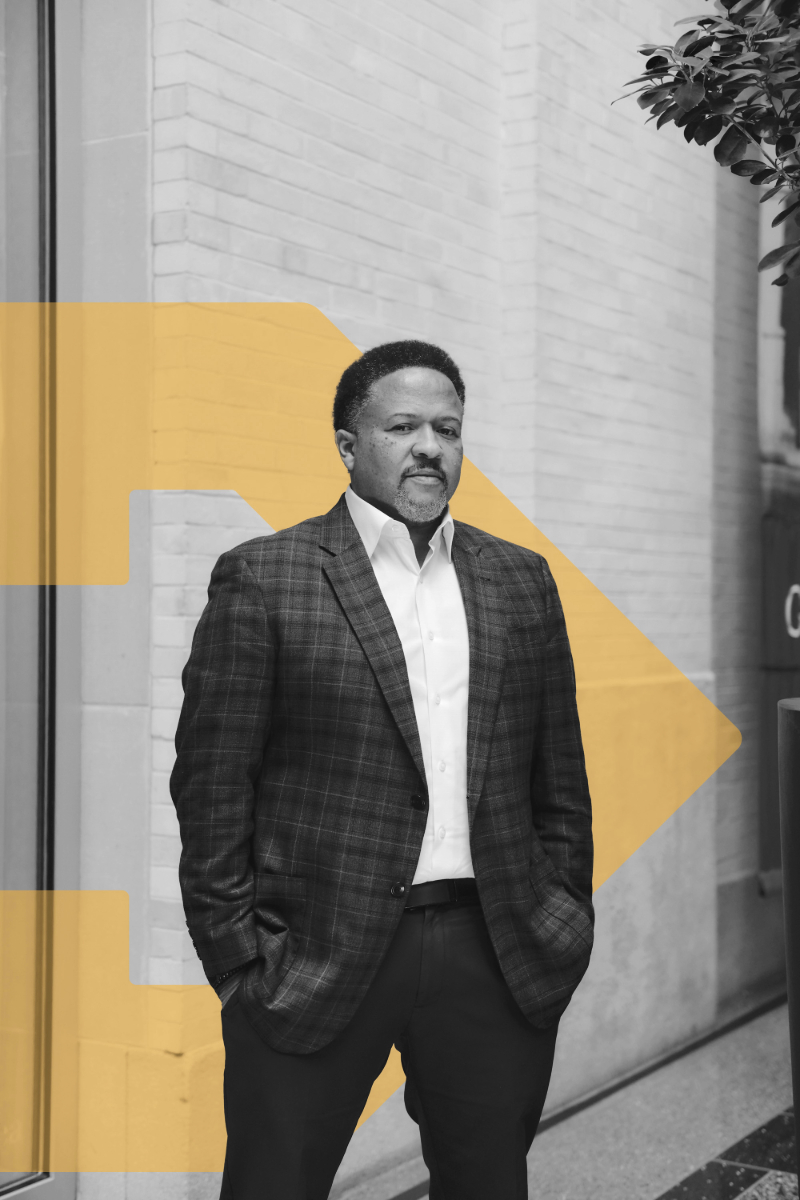
"As a result, the emphasis now is on multiyear grants to nonprofits that reflect these deep partnerships and help us answer the question: ‘How do we create sustainable change together?’”
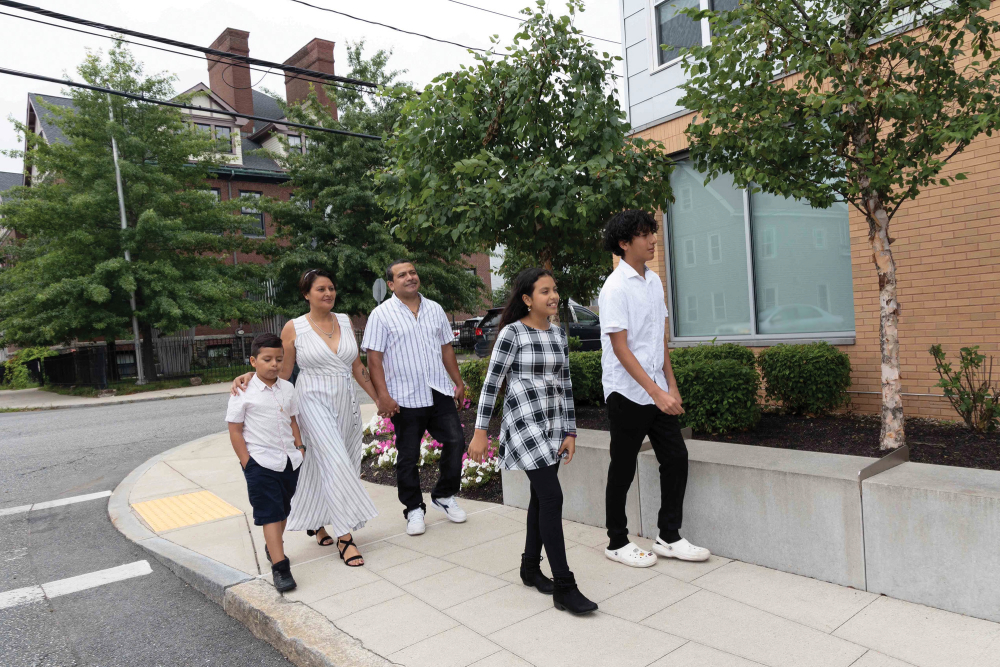
The following stories reflect our work in this area.
Our Work
TBF’s investments in the last decade have spanned jobs, housing, entrepreneurship and the arts. Our Advancing Community Wealth pathway builds on these initiatives through these priorities:
- Growing opportunities for residents, entrepreneurs, artists, culture makers and workers—all of whom make our communities thrive and livable
- Advocating for equity and opportunity while investing in housing and business stability and wealth creation through our unique role as a convener
- Strengthening relationships with small businesses and entrepreneurs, individual artists and creatives, the public sector (state, city, municipalities), and grassroots and community-based organizations to minimize gentrification and sustain community-owned spaces for BIPOC Bostonians
Building Support for Renters
TBF’s partnership with Citizens’ Housing and Planning Association (CHAPA) goes back to 1967, when a grant was made to help launch it. “CHAPA is central to our work in housing,” says Soni Gupta, who leads our Neighborhoods & Housing team. “They wrote the legislation for the MBTA Communities Act, one of the most important housing bills in years, and were among those who were instrumental in advocating for the Massachusetts Rental Voucher Program (MRVP).” With a grant of $450,000 over three years, TBF is supporting CHAPA’s advocacy for extremely low-income (ELI) renters to benefit from MRVP and to expand the program.
“These are people living on the edge,” adds Gupta. “Affordable housing serves people with a range of incomes,” says CHAPA’s CEO Rachel Heller. “Without vouchers, many affordable homes remain out of reach for ELI renters. MRVP brings rents down by bridging the gap between what people can afford and what it costs to operate properties. By connecting vouchers to specific apartments or offering vouchers to renters to find homes, people can be stable and have meaningful choices in where they live. With this grant, we’ll be able to build coalitions, advocate for renters and strengthen our state’s rental voucher programs.”
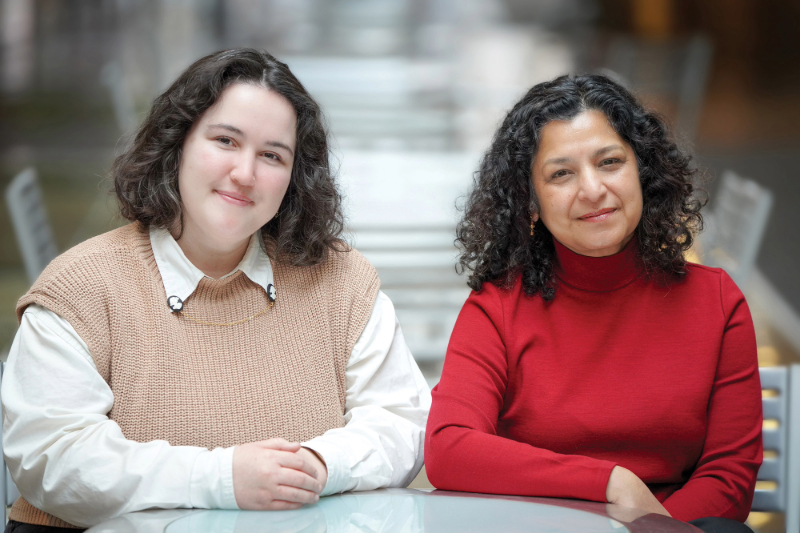
Our Neighborhoods & Housing Team: (from left) Helen Murphy, Program Manager, and Soni Gupta, Associate Vice President for Programs.
GO TO the navigation bar at the top of the page and choose 'Nonprofits’ for more about our work in this area.
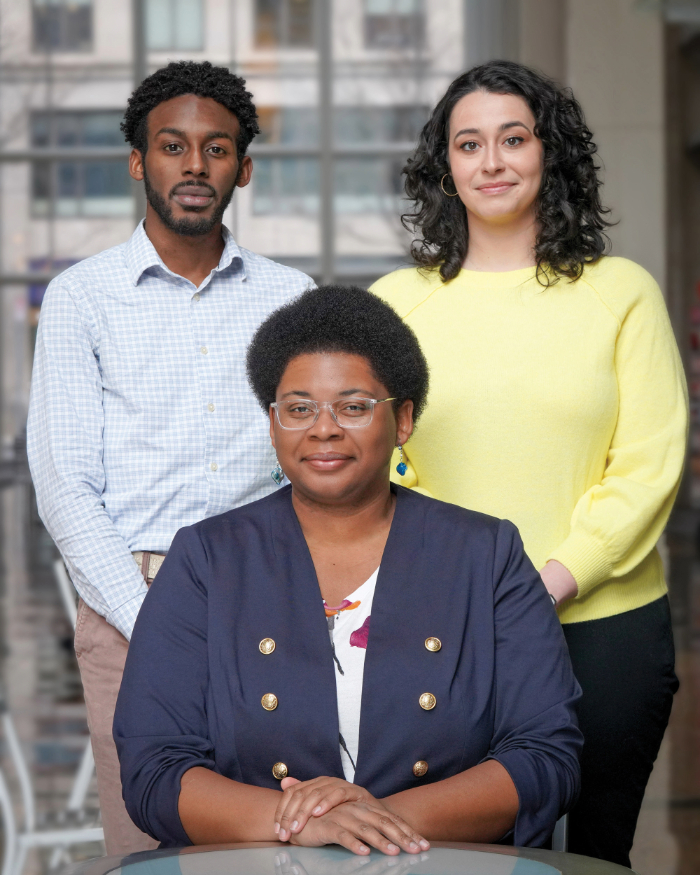
Our Arts & Creativity Team (from left): Dylan Mitchell, Associate, Community Wealth; Catherine T. Morris, Director, Arts and Creativity; and Laura Reyes, Program Officer, Arts & Creativity.
A Literary Gathering Space Coming to Boston
Our Arts & Creativity Team got in on the ground floor, quite literally, in support of a new bookstore and community gathering place in Fields Corner at 1463 Dorchester Avenue. In January the TBF Board approved an unrestricted $300,000 grant over three years for development of the space that will occupy the first floor of a new mixed-use, transit-oriented development called Dot Crossing. The five-story development is supported by the City of Boston and others, including 81 community investors who will have a share of the profits each year.
“Dorchester is one of the most diverse neighborhoods in America,” says Catherine T. Morris, who leads TBF’s Arts & Creativity team. “And cultural gathering places are hard to come by in Boston. As part of our Advancing Community Wealth pathway, we are committed to growing the number of cultural spaces owned and controlled by community.”
“The support from TBF is instrumental in our first three years,” says Porsha Olayiwola, Poet Laureate of Boston, who is leading the project with community organizer Bing Broderick. “Our goal is to provide high-quality literary programming for community members and substantial artistic and professional opportunities for creatives.
We’re excited to join the ecosystem of small businesses that make up Fields Corner. The grant and ongoing support from TBF makes this dream a reality.”
TBF has a special initiative that is advancing community wealth for entrepreneurs. In 2018, Orlando Watkins, who leads TBF’s Programs Department, spearheaded the launch of the Business Equity Fund (BEF).
“To create a thriving Black and Latino entrepreneurial class that builds opportunity and wealth for their communities,” he says, “we must fill the gaps in access to growth capital for Black and Latino-owned businesses.”
The Fund is a core component of an ecosystem designed to grow enterprises of color in Greater Boston that includes Mill Cities Community Investments (MCCI) and Liquid Capital Enterprises. Together, they provide capacity, capital and contracts to Black and Latino businesses.
To date, 30 businesses have received a total of approximately $17.6 million in direct funding and loan loss reserve capital support. As a result, at least 440 new jobs have been created. The BEF is an evergreen loan fund, so loan repayments are returned to the Fund to be recycled into new financing and equity investments in other businesses. The BEF is a model for the successful financing and growth of BIPOC businesses in the Commonwealth.
Uplifting Entrepreneurship
The Business Equity Fund
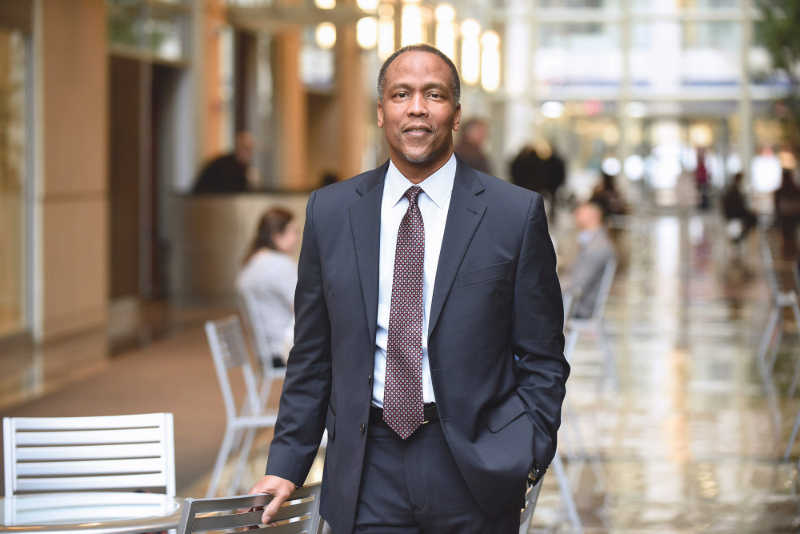
Anthony A. Samuels, President and CEO of DRB Facility Services. In 2021, DRB fully paid back its loan to the BEF, a year ahead of schedule. The $400,000 low-interest loan led to the creation of more than 200 new permanent jobs.
Donors Advancing Community Wealth
Through Impact Investing
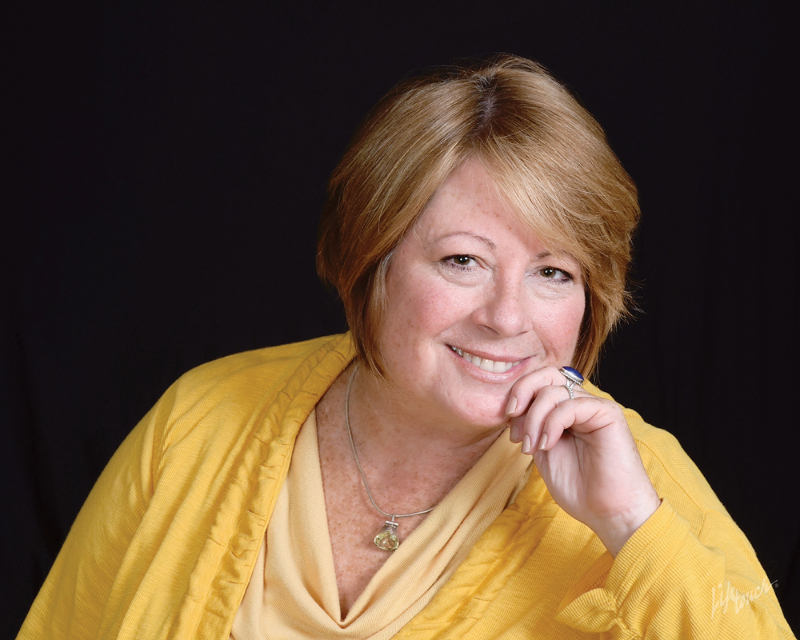
Karen Ansara, a pioneer in impact investing, has a Donor Advised Fund at TBF.
“There’s no better partner for impact investing than the Boston Foundation.”
In addition to grants recommended by our staff, such as the grant to CHAPA, TBF donors are making large, changemaking investments in Advancing Community Wealth, especially through impact investing,” says Soni Gupta, TBF Associate Vice President of Programs.
Indeed, last year philanthropists with Donor Advised Funds (DAFs) at TBF invested $6.1 million in recoverable grants, a form of impact investing. Those investments included $1.6 million to provide funds and intermediaries working with BIPOC developers and another $1.5 million for BIPOC small businesses.
“While a number of our donors make grants from their DAFs to nonprofits in the housing arena, impact investing is a game changer,” says TBF’s Chief Philanthropy Officer Kate Guedj. “Through impact investments, especially in areas such as housing, which demand large patient investments, our donors can support issues they care about with the potential to recover those charitable dollars and reuse them.”
Through a DAF that she shares with her husband Jim Ansara, Karen Ansara has been a pioneer in impact investing, especially in areas supported by our Advancing Community Wealth pathway. Last year, she invested $250,000 to promote equitable housing and $250,000 in BIPOC-owned small businesses.
“What’s great about having a Donor Advised Fund at TBF is that they can do the research for us,” says Ansara. “There’s no better partner for impact investing than the Boston Foundation.”
Policy and Research Advancing Community Wealth
As a community foundation—unlike private foundations—TBF can have a powerful voice when it comes to state-level policy and even advocate for bills at the State House. One of the major issues that has benefited from this is housing.
In late January, Keith Mahoney, Vice President for Communications and Public Affairs, testified before the legislature on behalf of TBF for the Affordable Homes Act, the $4.12 billion Housing Bond Bill proposed by Governor Maura Healey.
“As the region’s convener of experts in the housing sector,” he said, “we’ve released multiple reports and held many public events all with the same message: The Commonwealth needs to step up to encourage local leaders who are fighting for housing affordability. Our economic future literally relies on it.”
TBF’s research and advocacy have been critical for major policy advances, from the Housing Choice and MBTA Communities Laws to the Affordable Homes Act being debated now. The 2023 Greater Boston Housing Report Card was coauthored by TBF’s research center, Boston Indicators, which has published three other major reports on housing. Indicators also launched the MBTA Communities Tracker to track progress on that law and the Racial Wealth Equity Research Center, which provides access to the best available research on wealth inequality in Greater Boston.

Luc Schuster is Executive Director of Boston Indicators, which co-authored the last two issues of The Greater Boston Housing Report Card.
Increasing Homeownership
The Greater Boston Partnership to Close the Racial Wealth Gap
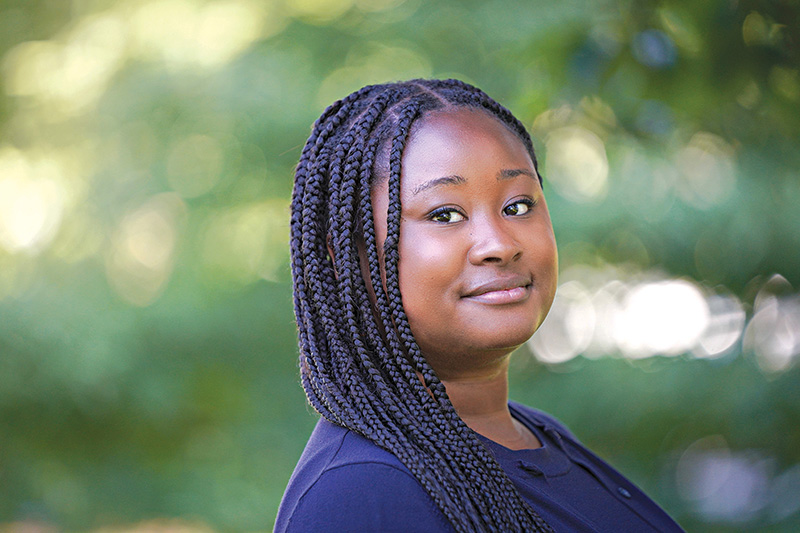
Courtney Brunson is the Director of the Greater Boston Partnership to Close the Racial Wealth Gap.
The Partnership is uniquely powerful because its 40 members include not only housing experts and advocates, but also those representing banking and finance, government, health care, the life sciences, and education.
”There is no question that homeownership is the largest driver of intergenerational wealth across virtually all racial and demographic groups in America,” says Courtney Brunson, Director of the Greater Boston Partnership to Close the Racial Wealth Gap. “We know there is a significant and measurable gap in homeownership between white households and Black, Asian and Latino households. This partnership is designed to do something about it.”
The Partnership is uniquely powerful because its 40 members include not only housing experts and advocates, but also those representing banking and finance, govern-ment, health care, the life sciences, and education.
With a data-informed and mission-driven approach to advance racial and economic equity, the Partnership has three priorities:
- Increasing Housing Supply
- Expanding Down Payment Assistance; and
- Increasing Access to Affordable Mortgage Products
From Our President and CEO
M. Lee Pelton
It’s been a little more than a year since hundreds gathered on the Boston Common to share in the historic unveiling of The Embrace and Freedom Plaza, a memorial and bold work of public art celebrating the legacy of Martin Luther King Jr. and Coretta Scott King.
The organization behind the memorial, Embrace Boston, began its journey as a part of TBF called King Boston in 2017. Now, as planned from the beginning, it has matured into a self-sustaining nonprofit organization and has ventured out on its own. This departure from TBF comes at an exciting moment for Embrace, as its leadership team advances new efforts—A National Embrace Center being planned and built in Roxbury as well as enhanced (and actionable) reporting on educational, environmental and health equity issues.
One of the many things that Embrace has done so well in its work is to amplify joy and celebration. This is indeed a moment of joy and one to celebrate—an illustration of the power of Black leadership and a remarkable accomplishment. We couldn’t be prouder of what Imari Paris Jeffries and his talented team have built and are continuing to build and we expect to remain a strong and steadfast partner in their work.

